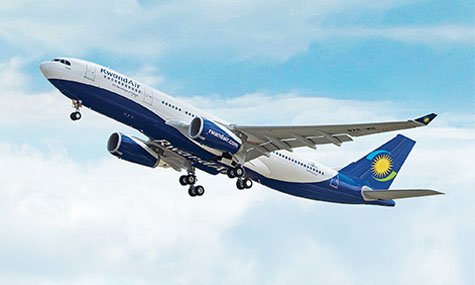Airports, often regarded as gateways to the world, play a pivotal role in facilitating global connectivity and economic growth. As the world continues to recover from the challenges of the pandemic, the significance of airports in fostering trade, tourism, and social exchange has never been more evident. These bustling hubs are more than just terminals for flights; they are essential infrastructure that binds nations, cultures, and economies together.
1. Catalysts for Economic Development: Airports are engines of economic growth, driving employment and business opportunities. They serve as critical catalysts for regional and national economic development, attracting investment and encouraging the growth of industries such as tourism, hospitality, retail, and logistics. The presence of a well-connected airport can significantly enhance a region’s competitiveness and attractiveness for both domestic and foreign investors.
2. Global Trade Facilitation: In today’s interconnected world, international trade relies heavily on air transport. Airports facilitate the swift movement of goods, connecting businesses with suppliers and customers across continents. They enable perishable products and time-sensitive shipments to reach distant markets quickly, supporting global supply chains and boosting the export potential of nations.
3. Vital for Tourism Industry: Tourism and aviation are intrinsically linked. Airports are the gateway to a country’s tourism offerings, providing travelers with their first impression of a destination. As more people seek enriching travel experiences, airports play a crucial role in encouraging tourist arrivals, supporting the hospitality sector, and promoting cultural exchange.
4. Enhancing Connectivity and Accessibility: Airports enhance connectivity by linking remote and underserved regions to major urban centers. They enable people to travel faster and more efficiently, promoting business meetings, family reunions, and academic collaborations. Furthermore, they improve accessibility for medical emergencies and humanitarian aid, fostering international cooperation during times of crisis.
5. Innovation and Technological Advancement: Airports are at the forefront of technological innovation. They invest in state-of-the-art infrastructure, including cutting-edge security systems, passenger processing technologies, and sustainable initiatives. Airports constantly evolve to improve efficiency, safety, and passenger experience through digitalization and smart technologies.
6. Job Creation and Economic Resilience: Airports are significant employers, supporting a wide range of jobs from pilots and air traffic controllers to airport staff, maintenance crews, and retail employees. During economic downturns, airports can play a crucial role in providing stability and creating job opportunities, contributing to the overall resilience of the economy.
7. Strengthening Diplomatic and Cultural Ties: Airports are not only gateways for travelers but also symbolic connectors of nations and cultures. They facilitate diplomacy and cultural exchange, as international travelers bring diverse perspectives and foster mutual understanding. This exchange of ideas and experiences enriches societies and strengthens global ties.
As the world embraces the “new normal” post-pandemic, the importance of airports as drivers of economic growth and global connectivity cannot be overstated. Governments and private stakeholders must continue to invest in airport infrastructure, ensuring they are resilient, sustainable, and capable of meeting future demands. With airports as catalysts for prosperity and unity, their continued development will play a crucial role in shaping a more interconnected and resilient world.



